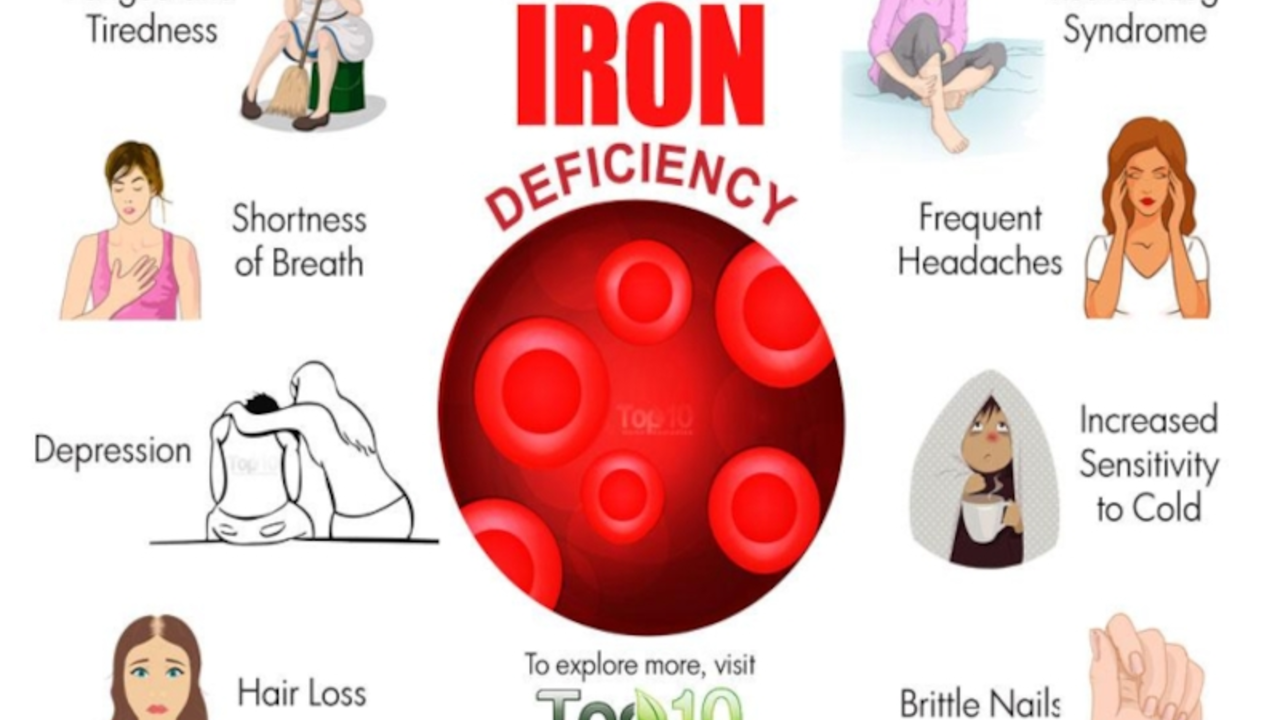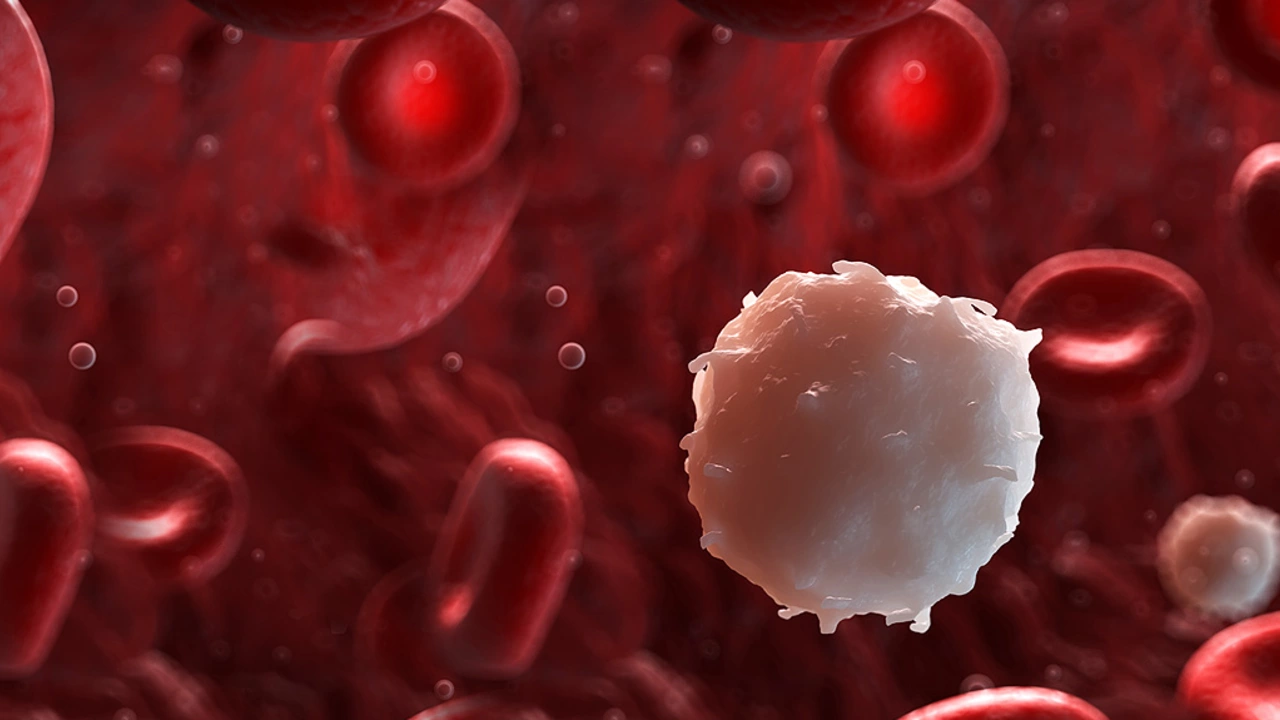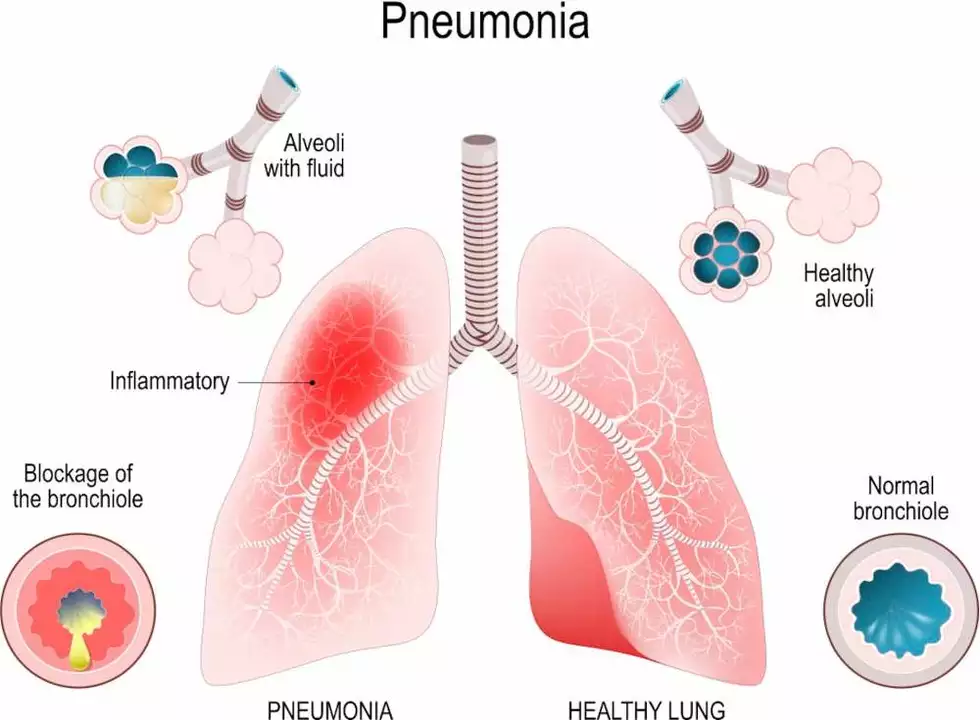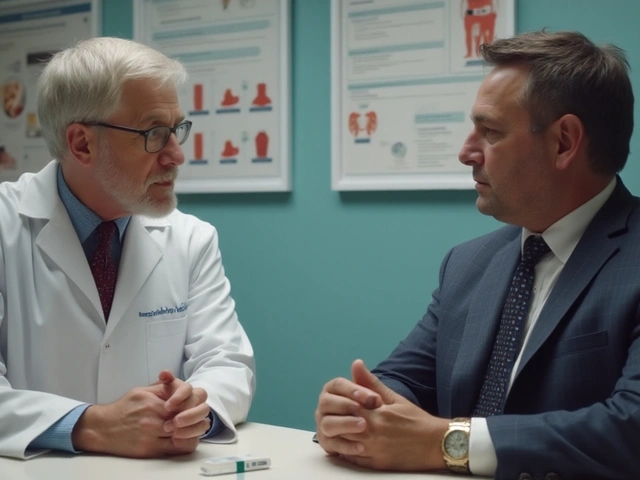June 2023 Archive — Practical Health Guides from eDrugstore.com
June brought six short, actionable posts that mix everyday care with serious warning signs. You’ll find quick tips for making travel easier, clear signs to watch for in anemia and childhood blood cancer, and smart safety notes on meds and skin treatments. Read on for what matters and what you can do today.
First, travel sickness. The post focuses on simple, proven fixes: eat light before travel, keep your gaze on the horizon, use fresh air or air conditioning, and stop for short breaks during long trips. Carry anti-nausea meds you’ve used before—dimenhydrinate or meclizine often help—and try acupressure bands if you prefer non-drug options. If motion sickness is frequent or severe, talk to your doctor about prescription options or a scopolamine patch.
The piece on iron deficiency anemia highlights why ignoring mild fatigue can lead to real harm. Low iron can worsen heart strain, slow growth in kids, weaken immunity, and complicate pregnancy. Don’t guess—get a CBC and ferritin level. If iron is low, oral ferrous sulfate (or a doctor-prescribed alternative) plus vitamin C-rich foods speeds absorption. Also add iron-rich foods daily: red meat, beans, lentils, fortified cereals, and dark leafy greens.
There’s a focused guide on spotting blood cancer symptoms in children. Watch for persistent fever, unusual bruising or bleeding, extreme tiredness, pallor, frequent infections, and unexplained weight loss. These signs don’t always mean cancer, but they demand prompt medical review. Early diagnosis opens more effective treatment options like chemotherapy and, when needed, bone marrow transplant.
On medications, a review flagged the infection risk tied to azathioprine. This immunosuppressant reduces immune defenses and can raise the chance of pneumonia. Patients on azathioprine should be monitored closely—get regular blood checks, report fevers or coughs early, and discuss vaccines (flu, pneumococcal) with your provider before or during treatment where appropriate.
Skin and hormones came up in a post about a combo product (hydroquinone + mometasone + tretinoin). Strong topical mixes can lighten skin but may also disturb the hormonal or skin barrier balance, especially with long-term steroid use. Use such combos only under a dermatologist’s guidance, limit duration, and watch for thinning skin, increased sensitivity, or unexpected systemic symptoms.
Finally, hydrocortisone for contact dermatitis was presented as a reliable short-term fix. A low-strength topical steroid reduces itching and redness fast. Apply a thin layer for a short course, avoid prolonged use on the face or thin skin, and see a doc if symptoms persist or worsen—there may be an allergy or infection needing other treatment.
Key takeaways
Act fast when symptoms don’t improve: tests and early treatment matter. Use short-term, targeted solutions (anti-nausea measures, short steroid courses) and get medical advice before starting or stopping prescription meds. Keep routine checks if you’re on immunosuppressants, and prioritize early evaluation for children with warning signs.
Next steps
If one of these topics affects you or someone you care for, book a doctor visit, bring a list of symptoms, and ask about tests mentioned here (CBC, ferritin, chest evaluation). Small actions now—testing, vaccine checks, or a short med review—can prevent bigger problems down the line.







